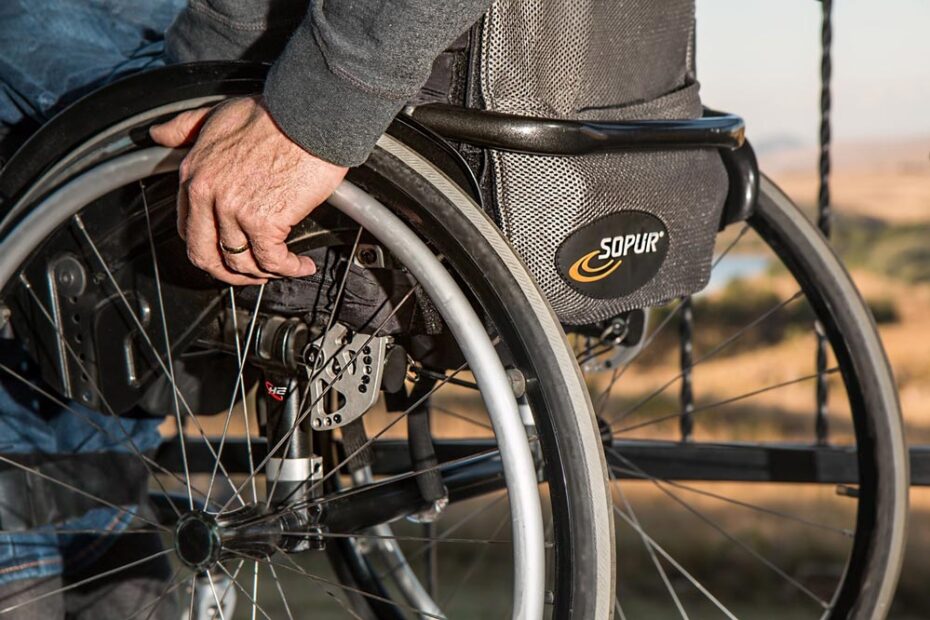TPD stands for ‘total and permanent disability’ caused by injury, illness or disease.
There is insurance available to cover these tragic and unforeseen circumstances. TPD claims mostly differ from regular personal injury claims as the entitlements available are stated in the contract the claimant takes out with his or her insurance company, or more commonly their superannuation fund.
The most important factors in the contract between the claimant and the insurance company generally refer to the time frame in which a claim must be made, the entitlement payable and the actual definition of the TPD, which can differ between policies.
There are usually two types of TPD policies:
Own occupation: This is generally the preferable insurance policy to have, as it provides a definition of TPD as being satisfied if a person is unable to perform one’s own occupation. An example of this is if a carpenter suffers from a spinal injury, making it unlikely the tradesperson can ever perform the work he or she once could. The injured party might however be able to work an alternative job that does not require such physical effort, such as a working at a cash register.
Any occupation: The general policy associated with any occupation includes being unable to work in one’s usual occupation for at least six months, and being unlikely to ever work in any occupation for which one has suitable training, education and experience.
The process for making a TPD claim
- Clarify the definition and time limits: It is recommended that a legal expert reviews the contract before filing a claim, to ensure the medical evidence provided addresses all of the criteria needed to successfully meet the definition. A legal expert will also make sure you meet the mandatory time frame for filing a claim.
- Gathering the evidence and making the claim: The next step involves having a medical professional provide reports to support the TPD claims. Such medical professionals are usually called medico-legal experts. These reports would address all of the elements required to establish that the claimant has successfully met the criteria set out in the insurance policy.
- Considering the insurance company’s response: Usually, the insurance company will respond and request the claimant to be examined by a medico-legal expert appointed by the insurer. The contract between the claimant and the insurer will usually allow this. Following the examination and the subsequent report to the insurance company, the insurance company will either accept or deny the claim.
- What if the insurance company denies the claim? In the case where an insurance company denies the claim, the claimant will have to decide whether or not they want to try and dispute the decision and pursue legal proceedings in either the Superannuation Complaints Tribunal or a court of law. There is a time limit of two years in which a claimant must make a complaint to the Tribunal. The commencement of legal proceedings must be made within six years of the insurance company’s decision to deny liability.
The benefits
Should your TPD claim be successful, the claimant will receive the insured sum; i.e. the TPD payout amount stipulated under the policy. This amount is additional to the person’s preserved superannuation balance.
